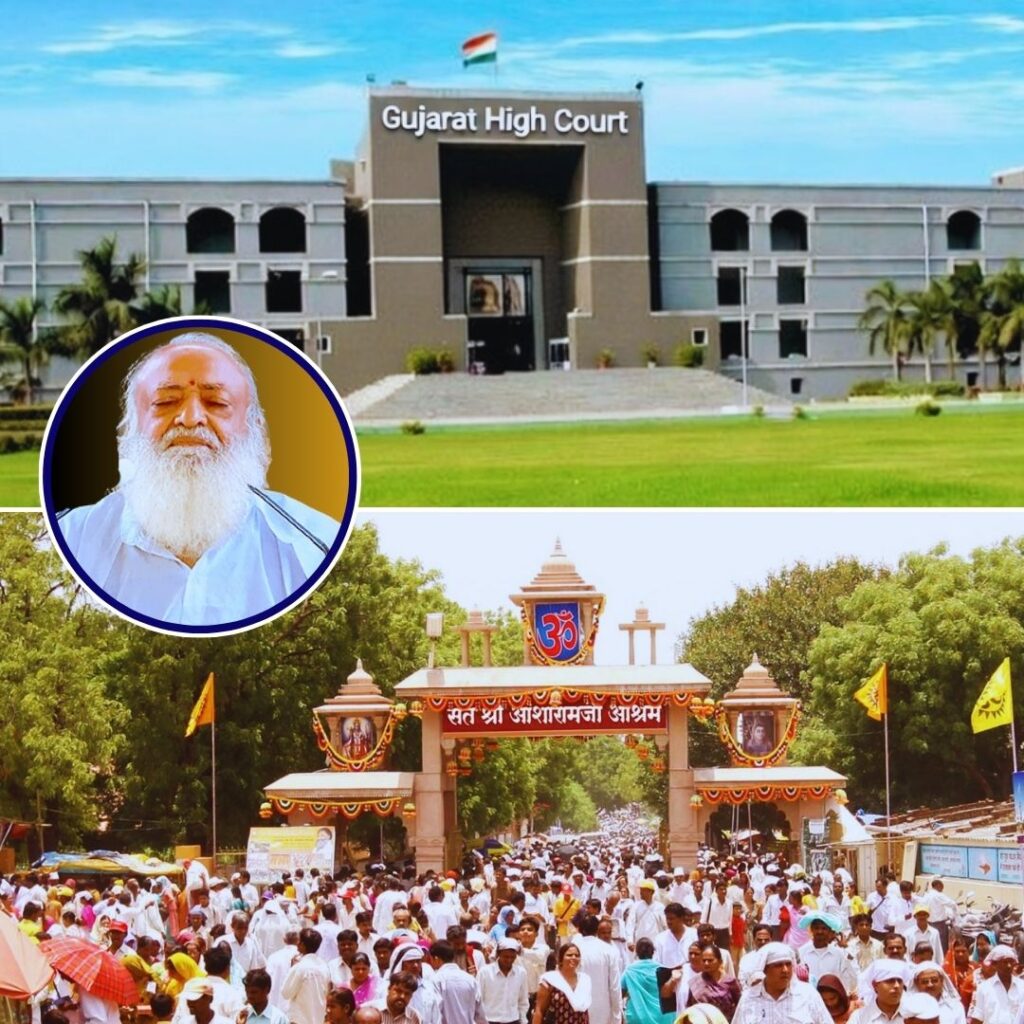Dismissing the bail plea of Jamia Milia student Asif Iqbal Tanha, a Delhi court on Tuesday said that the protests were a ‘vociferous agitation in the guise of Citizen Amendment Bill, coupled with other activities of violence would show it was meant to cause or intended to cause disaffection against India’.
Asif was charged under the Unlawful Activities (Prevention) Act in the Northeast Delhi riots conspiracy case, and he has been denied bail for the second time. The police have accused him of conspiring with former JNU student Umar Khalid and JNU student Sharjeel Imam to ‘overthrow the Government’ by setting up a chakka jam (road blockade) in Muslim-dominated areas, The Indian Express reported.
Asif allegedly used fake documents to buy a SIM card for another Jamia student and co-accused Safoora Zargar to organise further protests, the chargesheet further read.
The court said the chargesheet against him had the statement of protected witnesses under Section 164 (recording of a statement by a judicial magistrate) of the Code of Criminal Procedure (CrPC) and that is sufficient incriminating material against Asif.
Additional Sessions Judge Amitabh Rawat said there were reasonable grounds for believing that the allegations against Asif Iqbal Tanha were prima facie true.
‘I deem it fit state in unequivocal terms that there is the freedom to protest available to all the citizens of the country, but that is subject to reasonable restrictions. There is also, no manner of doubt, that every citizen can hold an opinion about any legislation which they construe as unfair in their understanding. The freedom and right to protest against any law is available to all citizens,’Judge Rawat said.
The order added that the case has to be seen in the context whether there was a conspiracy to instigate riots under the guise of protest or not.
Asif is alleged to be one of the key conspirators behind the protests. The court also described the majority presence of women in the protest as a ‘facade’ behind the actual conspiracy that was being hatched.
Asif’s lawyer Sidharth Aggarwal argued that organisations such as the Jamia Coordination Committee or Students’ Islamic Organisation (which coordinated protests) did not qualify as terrorist organisations under the UAPA, and Asif did not visit any places where the protests turned violent. In response, Rawat said that acts which threaten the unity and integrity of India, intend to cause social disharmony and create terror among any section of the community, is equal to a terrorist act.
Also Read: Govt Doesn’t Know Who Made Aarogya Setu App, RTI Body Pulls Up Centre











